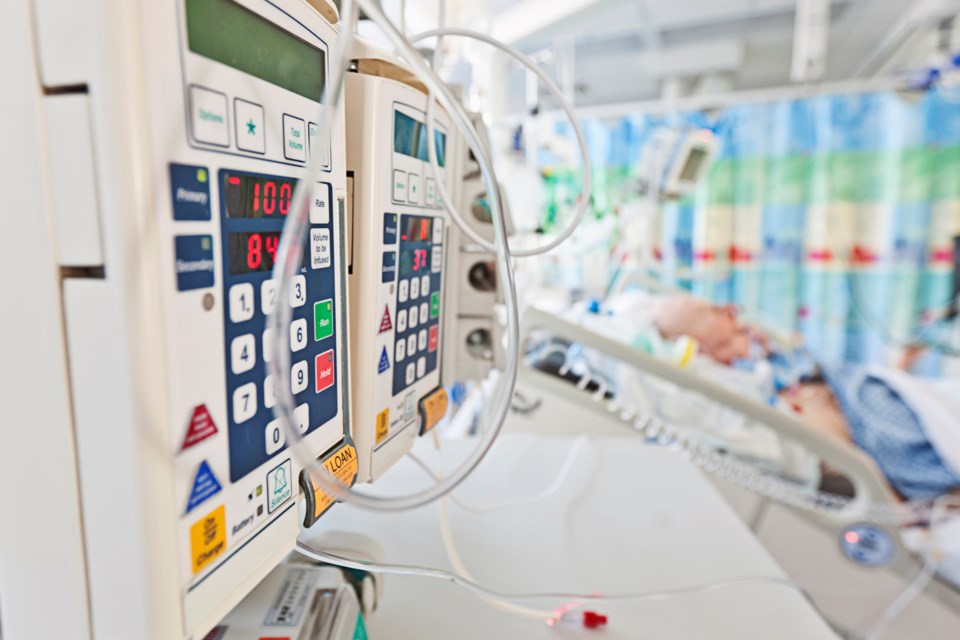REGINA — Further resource shuffling is likely in the future in Saskatchewan’s health system, as the provincial command centre continues to organize its response to rising COVID-19 cases and hospitalizations.
Marlo Pritchard, lead of the province’s COVID-19 response at the Provincial Emergency Operations Centre, said that a request for help has not been made to the federal government as of yet.
Hospitalizations in the province are on a continued climb in the last three weeks, according to data from public health, with 80 individuals in intensive care beds on Tuesday.
Saskatchewan Health Authority CEO Scott Livingstone said that the health authority continues to redeploy staff to support ICU care. More than 160 SHA employees have already been deployed, and ICU capacity increased by 150 per cent.
“The teams have worked very hard to provide appropriate care here in Saskatchewan with the expanded service,” said Livingstone. “It's really going to be dependent upon what we see in the upcoming days.”
Currently, the health authority has a maximum of 130 ICU surge beds prepared. Livingstone said that if admissions reach this max, the treatment of patients in those beds would not be at the province’s standard of care.
No COVID-19 patients have yet been sent out-of-province for care, but Pritchard said the PEOC is in talks with Ontario for future needs.
“We are already over our capacity in ICUs, so any major event [with several admissions] and we would be triaging patients and sending them out of province,” he continued.
“The last thing ICU teams want to see is patients having to leave the province to receive care but at the same time, we want [patients] to receive the very best care they can.”
Livingstone said that with the current ICU capacity so high, the health care system is dangerously close to activating it's emergency triage plan.
A large concern remains the status of frontline staff, as Livingstone said that one of the biggest variables affecting ICU capacity moving forward is staff availability and wellbeing.
“The most determinant factor to what happens is [up to] trained individuals, particularly ICU nurses, and how long we can maintain this level of capacity without having folks needing to take breaks or burn out.”
Pritchard restated that the province has requested the federal government continue providing a monthly supply of rapid antigen tests, to be distributed to schools, care homes, healthcare workers and businesses.
The PEOC has also reopened the secure isolation site, previously closed in July, for individuals to self-isolate following a positive test result.
Retired police officers are being tapped to help operate the site, as well as provide relief support to current law enforcement





